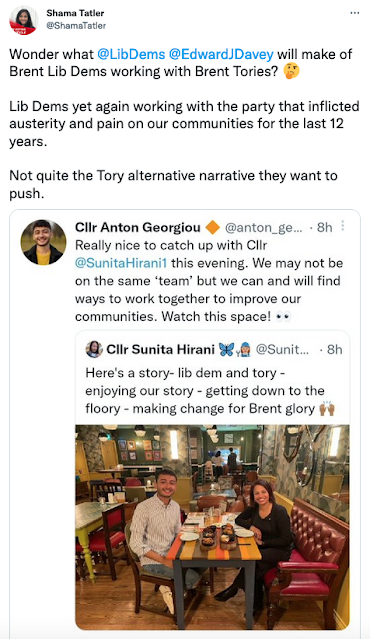London Councils is to conduct a formal review of the provisions of the Freedom Pass LINK, the free travel pass for London Pensions that gives free transport on buses, the tube and railway networks withing the GLA boundary.
They cite an expected 12% rise in the cost to London councils in 2026-7 and a total expenditure of £372m. One possibility is reducing the provisions to buses only.
The proposal has produced a speedy petition response (LINK TO SIGN) currently with more than 44,000 signatories.
THE PETITION
The Issue
I am 71 years old, and my only income is the state pension. This means my budget is tight, and every penny counts. The Freedom Pass, as the name suggests, grants me something invaluable—freedom. This pass allows me to access not just buses, but also London's tube and overground networks. These services enable me to participate fully in the community, visiting friends, attending hospital appointments, and engaging in social activities that keep me vibrant and connected to the world.
Recent proposals to limit the Freedom Pass to buses only would be a significant blow, not just to my independence, but to thousands of pensioners and individuals reliant on this essential pass. Restricting access to trains and the tube would confine many of us to our homes, making London's vast and culturally diverse landscape inaccessible. The social isolation that many seniors already battle could deepen, and life's simple joys and necessities could become major logistical challenges, affecting our mental and physical well-being.
The Freedom Pass is a cherished entitlement for senior citizens across the city, and any move to curtail its scope jeopardizes the quality of life for those who have contributed so much to society throughout their lives. London's transport system is the lifeline for older adults, offering the independence and encouragement to stay physically active, mentally engaged, and socially involved.
Let's remember that inclusivity in mobility is a hallmark of a compassionate society. The City of London has a reputation for valuing its residents, and this means ensuring everyone, regardless of age, has unrestrained access to its robust public transportation network.
Instead of cutting back on Freedom Pass access, there should be efforts to strengthen it, ensuring the elderly remain integrated into the urban fabric. Maintain the inclusivity and respect the dignity of our senior citizens by safeguarding their ability to travel freely across the capital.
Please sign this petition to urge the local government to halt any attempts to restrict the Freedom Pass to buses alone, preserving the freedom and dignity of London’s seniors.
Lawyer Monthly LINK has pubished an interesting detailed review of the statutory and legal risk of the proposal. Here is a key extract:
The potential for civil unrest or political backlash creates a reputational risk for council leaders that extends beyond simple accounting.
Reducing mobility for the elderly has documented second-order effects on public health, which may eventually increase the burden on the National Health Service.
Local government insurers often look at social stability as a metric for risk assessment.
A sudden removal of transport rights could lead to increased social isolation, potentially triggering higher claims in social care sectors that the boroughs are also responsible for funding.
The debate has already spilled into the public sphere, highlighted by high-profile social media disputes involving media figures and authors.
These public-facing conflicts serve as a bellwether for the level of scrutiny any legislative change will receive from the broader electorate.
Strategic irony lies in the fact that the more successful the Freedom Pass is in encouraging travel, the more it threatens the solvency of the councils providing it.
This "success trap" requires a fundamental rethink of how concessionary travel is valued in a modern urban economy.
Institutional investors in London’s infrastructure are watching these developments closely.
Any sign of a breakdown in the cooperation between the Mayor of London and the boroughs could signal broader instability in how the capital manages its essential public services.










